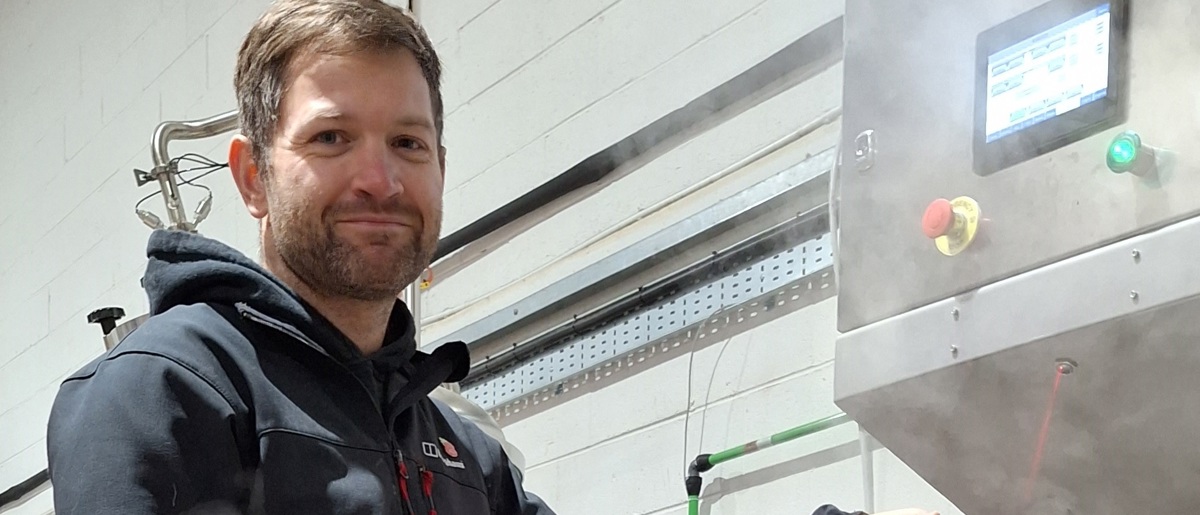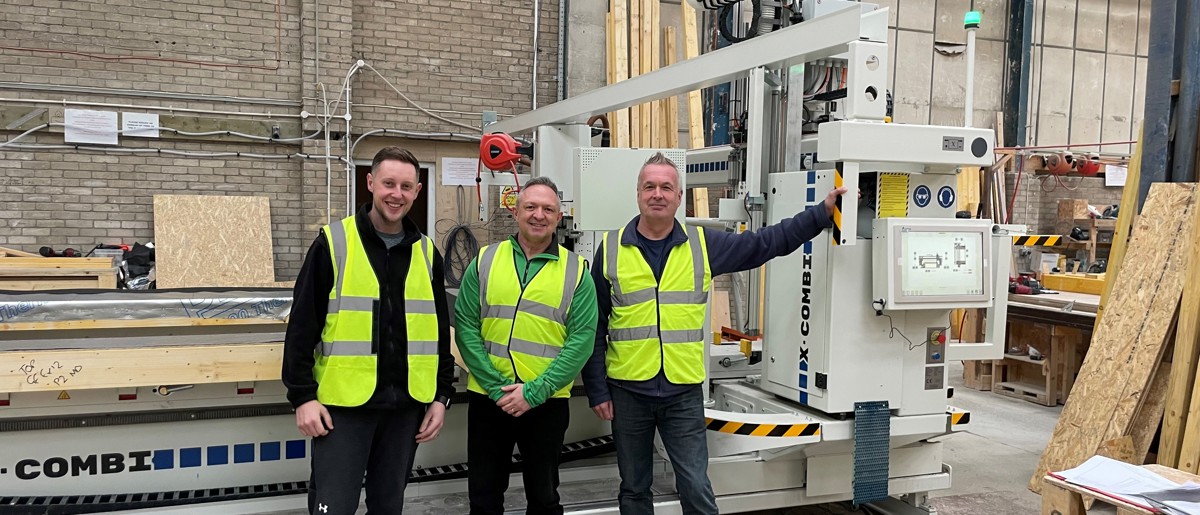In Will Kinghorn's talk, "Sustainable Manufacturing Starts Here: Building a Business Case for Automation and Decarbonisation," he broke down how SMEs can introduce automation in a way that makes business sense—practical, profitable, and ready for the future.
Adopting Automation isn’t just about keeping up—it’s about gaining a competitive edge. Here’s what automation can offer:
- Efficient production – Faster cycle times, increased output, and less downtime.
- Lower costs – Reduced energy use, lower labour costs.
- Improved quality – Less waste, lower material and disposal costs.
- Stronger supply chains – Greater resilience and flexibility.
- Employee satisfaction – Safer, more engaging work environments.
- Enhanced public image – Sustainability and corporate responsibility.
- Regulatory compliance – Easier adherence to industry standards.
- Market opportunities – Improved customer engagement and new product lines.

Real-World Success Stories
Manufacturers already investing in automation with the help of Made Smarter have seen remarkable benefits, including reduced outsourcing, improved quality and reduced waste.
Brightside Brewing Company, a family-run brewery based in Radcliffe, has recently partnered with the Made Smarter adoption programme to enhance its operations through digitalisation. Specialising in gluten-free beers, Brightside sought to improve its kegging process, which was previously outsourced. With support from Made Smarter, the brewery invested in advanced kegging equipment, granting them greater control over this critical aspect of production.
Carley Friedrich, Director at Brightside Brewing, expressed gratitude for the assistance received, noting that the collaboration prompted a thorough evaluation of the company's digital needs. The investment not only increased operational stability and autonomy but also boosted profitability and provided upskilling opportunities for the brewery team.

To meet increasing demand and overcome production limitations at its current site, Rainford Timber Co invested in an automated CNC panel-making machine, replacing manual assembly processes. This advancement has improved accuracy, reduced waste, and increased output, supporting the company's strategy to grow by 60% over the next three years. Additionally, the investment is expected to create three new jobs and upskill six existing staff members. The automation also aligns with Rainford Timber Co's sustainability goals by reducing paper usage and optimising material efficiency.
Crystal Doors were able to develop a factory monitoring system that helped them reduce energy consumption and waste created in production. Their technology adoption has helped them towards a Queen’s Award and B Corp status.
How to Get Started
Taking the first step towards automation doesn’t have to be overwhelming. Here’s how:
1. Identify a key issue – Focus on an area that will help you achieve your company’s vision.
2. Engage your team – Involve staff from the beginning to get their ideas, opinions, and buy-in.
3. Define your requirements – Briefly outline your needs so everyone is clear what will be covered.
4. Do your research – Speak to suppliers and explore available solutions, refining your requirements as you learn about the subject.
Three Key Takeaways
- Focus on one key problem first – Small steps lead to big changes.
- Seek support in your area – Funding and expertise are available.
- Incorporate decarbonisation – Sustainability should be central to all business decisions.
Take the First Step Today
Automation and decarbonisation aren’t just future goals—they’re business essentials right now. Start small, focus on impact, and make your move with the right support.
Ready to future-proof your business? Register your business with Made Smarter.


